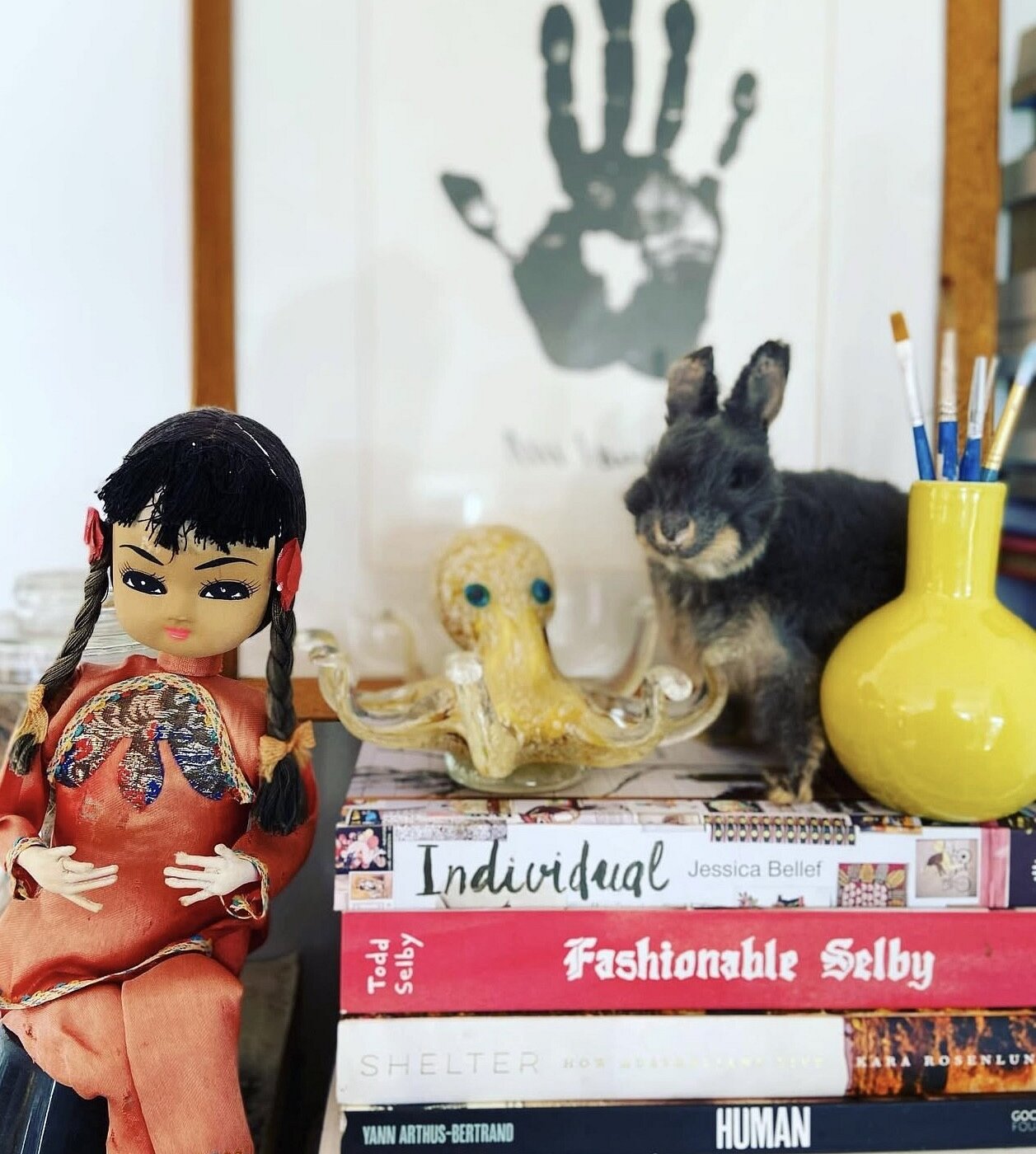There’s a quiet heartbreak many parents carry—that deep ache that no matter how hard you try, your child just isn’t where they “should” be.
And when you're parenting an autistic or PDA child, that ache can become daily background noise.
We’re constantly surrounded by messages that urge progress:
- They need to catch up.
- They should be more independent.
- They’ll fall behind if you don’t...
But here’s what rarely gets said:
Your child is already telling you what they need. The real work is softening enough to listen.
Environmental Strategy: Soften the Morning
Mornings are a pressure cooker.
But for neurodivergent children—especially those with a PDA profile—those early stressors are amplified. Every small demand can drain them before the day even starts.
I believe every child deserves to walk into school with their battery full.
Not scraped together.
Not running on fumes.
Fully resourced.
That’s not a bonus. It’s a human right.
And yet, so often, we focus on “independence”:
- They should pack their own lunch.
- They should know where their shoes are.
- They should get themselves ready...
But when a child is already carrying anxiousness, sensory sensitivity, or internal overwhelm, these expectations can tip them over.
Let go of independence—for now. Prioritise regulation.
What Does a Soft Morning Look Like?
- Clothes laid out the night before. (Yes—even for big kids. You’re not enabling. No one is moving out next week.)
Breakfast prepped and predictable. Something they enjoy. A calm, consistent spot. No surprises.
Fewer questions. More presence. Replace interrogation with gentle statements:
“Your bag’s by the door.”
“I’ve made toast if you’d like it.”
“We’ve got ten minutes—I'll be nearby if you need anything.”
Tone matters. Try not to shout across the house—even if it’s not at them. PDA kids tune into everything. Raised voices = raised threat level.
This doesn’t mean every morning will be peaceful.
But when you shift from getting things done to preserving energy, the whole household breathes a little easier.
Because when we send our kids into the world with a full battery, we’re not just helping them get through the day.
We’re giving them a platform to be more fully themselves.
